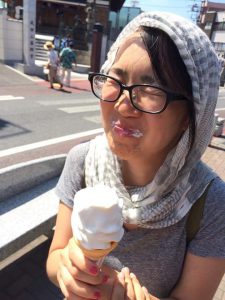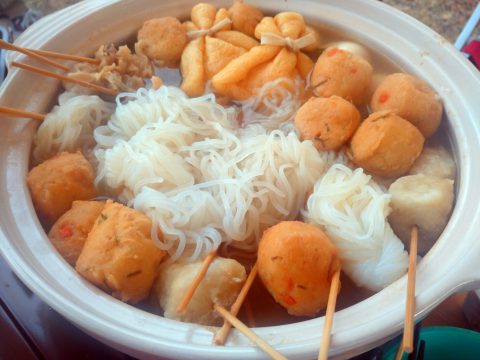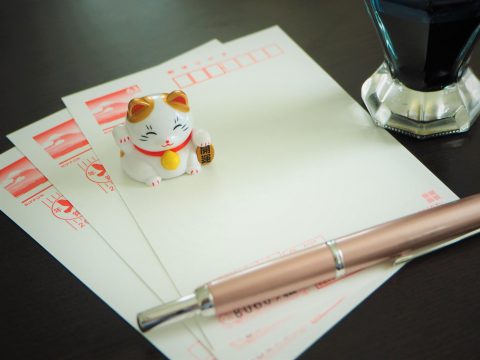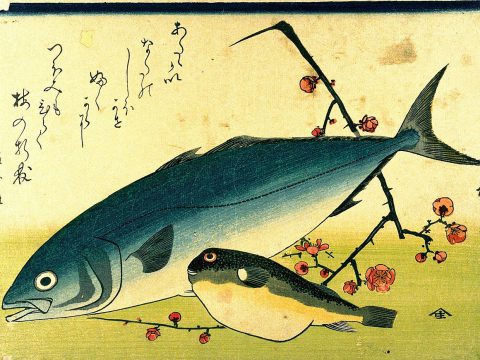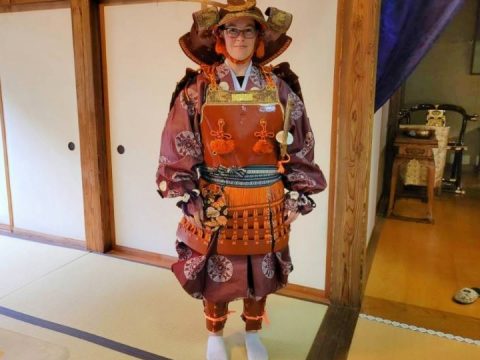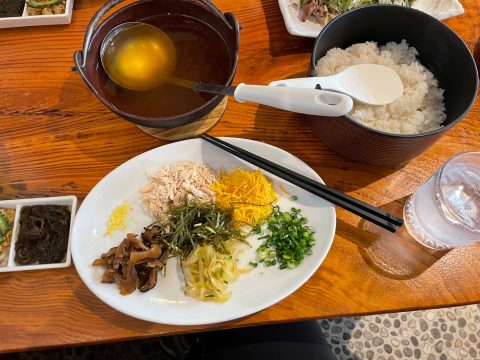Valentine’s Day バレンタインデー
JAPANESE FOODS
10.02.2021
Valentine’s Day バレンタインデー
Like many countries across the world, Japan celebrates Valentine’s Day on February 14th.
During this time of year, supermarkets, department stores, confectionery stores and even convenience stores stock up on lots and lots of chocolate. What started as a celebration of honoring the Christian martyr Saint Valentine morphed into the highly profitable consumerist event known today, and the Japanese take Valentine’s Day very seriously. So seriously in fact, there are different types of chocolates for the different relationships in one’s life.
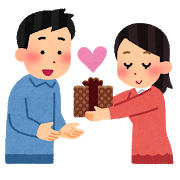
Valentine’s Day in Japan is unique compared to other countries, where it is customary for women to give chocolates to men, even to those without romantic interest such as family members, friends or co-workers. The chocolates can either be homemade or store-bought and the price can range from high-end to the low. The event is celebrated by all ages, from school children to the elderly.
The lucky men who receive chocolates are not excused from the gift giving ritual. A month later on ホワイトデー White Day (March 14th), the men must return the favor by giving sweets or non-edible gifts back to the women.
Let’s check out the various types of chocolates given on Valentine’s Day!
(「チョコ」”Choko” is the shortened word for chocolates).
本命チョコ (Honmei choko) “True feelings chocolates”
Chocolates given to a loved one, whether it be a spouse, partner, boyfriend, or a special someone you have feelings for. It may be homemade or bought, with an extra special touch.
義理チョコ (Giri choko) “Obligatory chocolates”
Chocolates given to male colleagues, superiors, friends, or relatives. These tend to be cheap mass produced chocolates and completely devoid of romantic attachment.
超義理チョコ (Cho giri choko) “Super obligatory chocolates”
A step below Giri choko, these chocolates are given to those you really do not want to, but must out of social obligation.
世話チョコ (Sewa choko) “Care chocolates”
Chocolates given to those who you feel gratitude towards, such as colleagues, superiors, teachers, mentors, or friends.
友チョコ (Tomo choko) “Friendship chocolates”
Chocolates given to female friends. These tend to be ornate and decorative.
ファミチョコ (Fami choko) “Family chocolates”
Chocolates given to family members, regardless of gender.
逆チョコ (Gyaku choko) “Reverse chocolates”
Chocolates given from men to women. Recently, there has been a trend of tradition-breaking men who are taking the first initiative to give chocolates to women instead of vice versa.
マイチョコ・自分チョコ (Mai choko/Jibun choko) “Personal chocolates”
Chocolates for oneself. Because why not splurge and gift yourself some fancy chocolates?

If you feel overwhelmed by the different varieties and societal expectation of chocolate giving, just remember that Valentine’s Day is a fun event! It’s a time to delight the special people in your life and perhaps you may be surprised to receive a box of chocolates!

